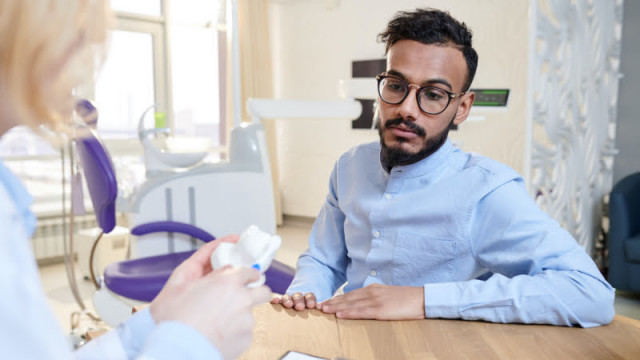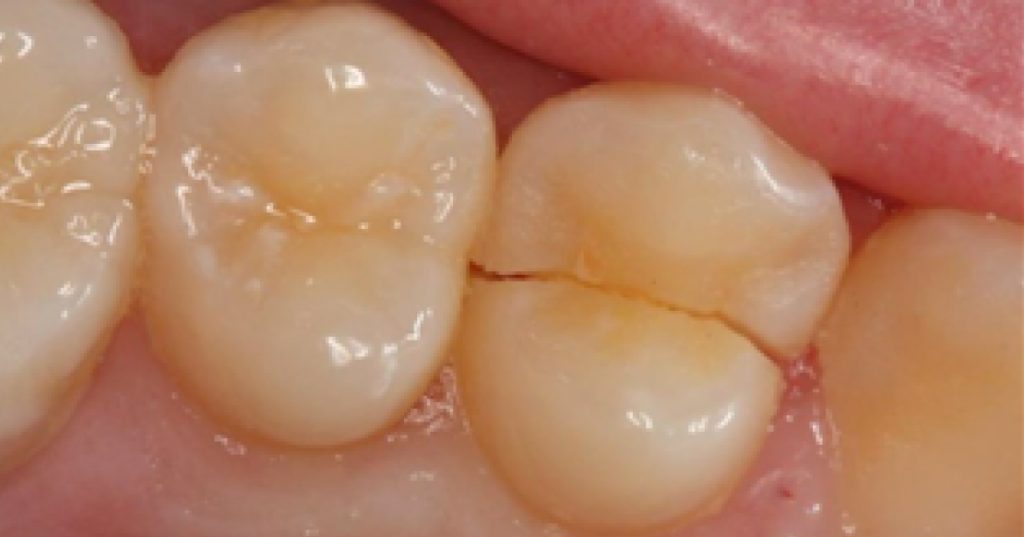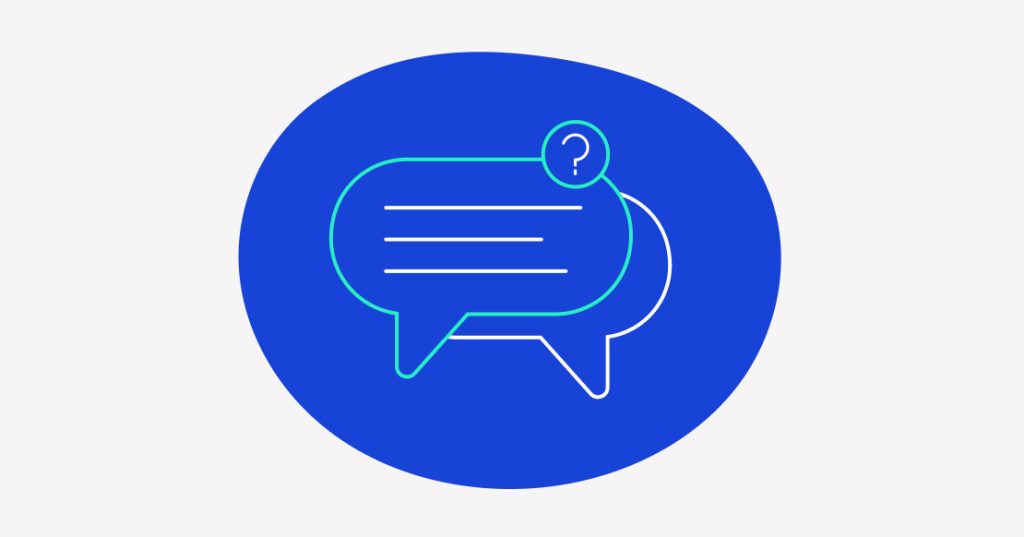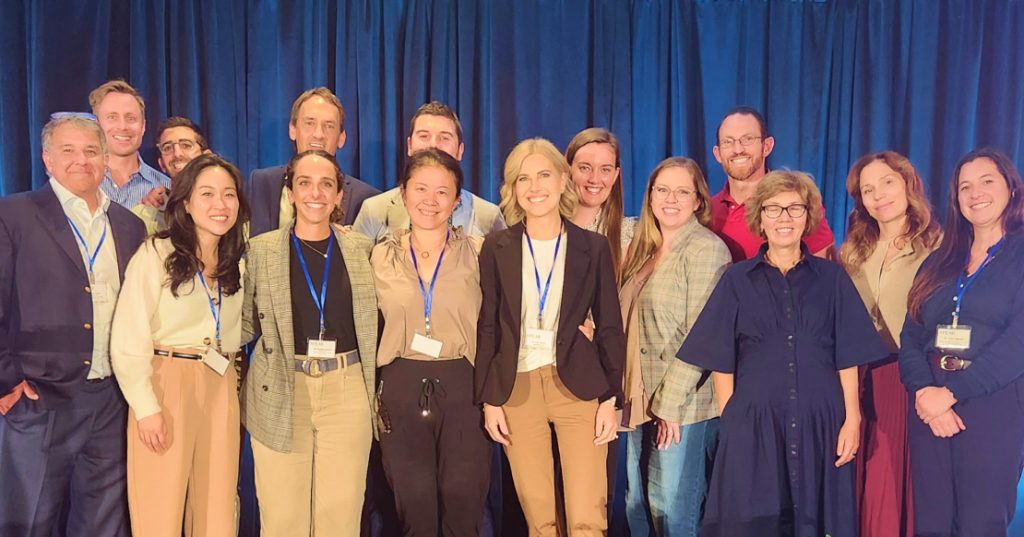How Dentists Can Support the LGBTQ+ Community
In June of 1969, patrons and supporters of the Stonewall Inn in New York City staged an uprising to resist the police harassment and persecution to which LGBTQ+ Americans were commonly subjected. This uprising marked the beginning of the LGBTQ+ pride movement and the start of outlawing discriminatory laws and practices against the LGBTQ+ community.
Today, many Americans acknowledge June as Pride Month. While much progress in equality has been made, many in the LGBTQ+ community still face unique hurdles in life that affect health, housing, social advancement, and quality of life. It is essential to acknowledge our history and to continue to bring awareness to the challenges that LGBTQ+ individuals still face.
What Health Challenges Do the LGBTQ+ Community Face?
The National Institute on Minority Health and Health Disparities has identified the LGBTQ community as a “health disparity population,” due primarily to lowered access to health care. Unfortunately, some of this comes down to LGBTQ+ patients avoiding medical treatment due to past discrimination and fear of stigma. When LGBTQ people belong to other marginalized groups, such as being a person of color or having a disability, it becomes more difficult to find accessible, non-biased care.
In dentistry, LGBTQ+ patients are also affected in unique ways. Factors affecting LGBTQ+ access to dental care include things like discrimination, stigma, fear, and anxiety — but more significantly, it is the lack of LGBTQ+ education in dental schools that makes it difficult for dental providers to treat these patients with the empathy and compassion they deserve.
Creating Change Starts at Home
The experience of being a queer dentist and working with many patients who have faced discrimination has inspired the creation of the Houston Equality Dental Network (HEDN), an organized dentistry group specifically for LGBTQ dental professionals and patients.
The purpose of our organization is to promote equality for queer dental professionals in their work and learning environments, while also fostering awareness and research on oral health disparities affecting this population.
Over the past two years, HEDN has offered free CE courses for dental professionals on topics specific to the LGBTQ+ community. Additionally, our platform has enabled us to be vocal and present on LGBTQ+ care to various dental schools and community organizations nationwide. Our organization has given back to the local queer community by providing oral health information sessions to LGBTQ+ groups around Houston and providing free virtual dental consultations to help LGBTQ+ individuals gain access to dental care.

My proudest moment with HEDN, however, has been showing LGBTQ+ dental students and prospective students that dentistry can be a profession where they can be happy, safe, and be true to themselves. Personally, my biggest hesitation before starting dental school was whether I would be out of the closet or not. I was terrified that my sexuality would affect my success in my education because of the conservative history of our profession. To an extent, I feel like I was not able to perform my best while a student and avoided countless social events, leadership opportunities, and getting to know my professors due to the constant anxiety of being an LGBTQ+ individual. Through HEDN, I want to change that. I want every dental student to be in an environment free from fear of discrimination, so they can thrive and reach their full potential.
How Can You Be a Better Ally Dentist to the LGBTQ+ Community?
- Recognize your privilege and use it for good
- It is difficult to understand the realities of discrimination without experiencing them first-hand. Simply existing as a heterosexual or cisgender person is a privilege for countless reasons, such as not being fired from your job for your sexuality and being able to hold your partner’s hand in public without fear. Recognize that you are not responsible for the discrimination, but you are responsible for what you do with that knowledge, how you move on from there, and what you do with your privilege.
- Learn and use inclusive language
- It is essential for all of us, but especially health care providers, to use the right words and pronouns when referring to someone or describing their gender identity or sexual orientation. Do not assume someone’s gender identity or sexual orientation, and ask if you are unsure and if it is appropriate. You can begin updating your intake forms and electronic health records to include options for genders other than male or female, as well as a space for a preferred name in addition to the legal name. A list of some basic LGBTQ+ terms can be found here.
- Be okay with being uncomfortable
- You might make mistakes when trying to be a better ally at first, and that’s okay. Making non-intentional mistakes is how learning happens. It may also be difficult to show your allyship, as you may fear that friends or patients may not share your same beliefs. Standing up for your values during these challenging conversations and encounters will make you a more confident ally and will give you the respect of other patients and staff.
- Be visible as an ally
- Oftentimes, the smallest thing can make a huge impact. Little things such as decorating your office for pride month, making a post on social media, or advertising in an LGBTQ+ magazine will show your support as an LGBTQ+ affirming dental professional. Be cognizant about including imagery of diverse individuals when advertising or when hiring staff.
- Don’t minimize our queerness
- I cannot count how many times I have been told something along the lines of “I couldn’t tell you were gay” or “Oh, but you’re not that gay.” Every queer person relates to their queerness differently, so telling someone that you don’t acknowledge or think about their queerness is not a compliment and makes us feel like you think of our queerness as something that’s better left unsaid.
Dentistry Needs LGBTQ+ Allies
As health care and dentistry continue to make progress, the only way we can have true equality is through the allyship of our heterosexual colleagues and those in leadership positions. I encourage all dental professionals to take the time to question their own subconscious biases and also to include LGBTQ+ topics when seeking out CE and training for themselves and their staff members. It is only with continued awareness, education, and celebration that we can come together to ensure that the world is a safer and happier place for all.
FOUNDATIONS MEMBERSHIP
New Dentist?
This Program Is Just for You!
Spear’s Foundations membership is specifically for dentists in their first 0–5 years of practice. For less than you charge for one crown, get a full year of training that applies to your daily work, including guidance from trusted faculty and support from a community of peers — all for only $599 a year.

By: Alex Barrera
Date: June 7, 2021
Featured Digest articles
Insights and advice from Spear Faculty and industry experts



